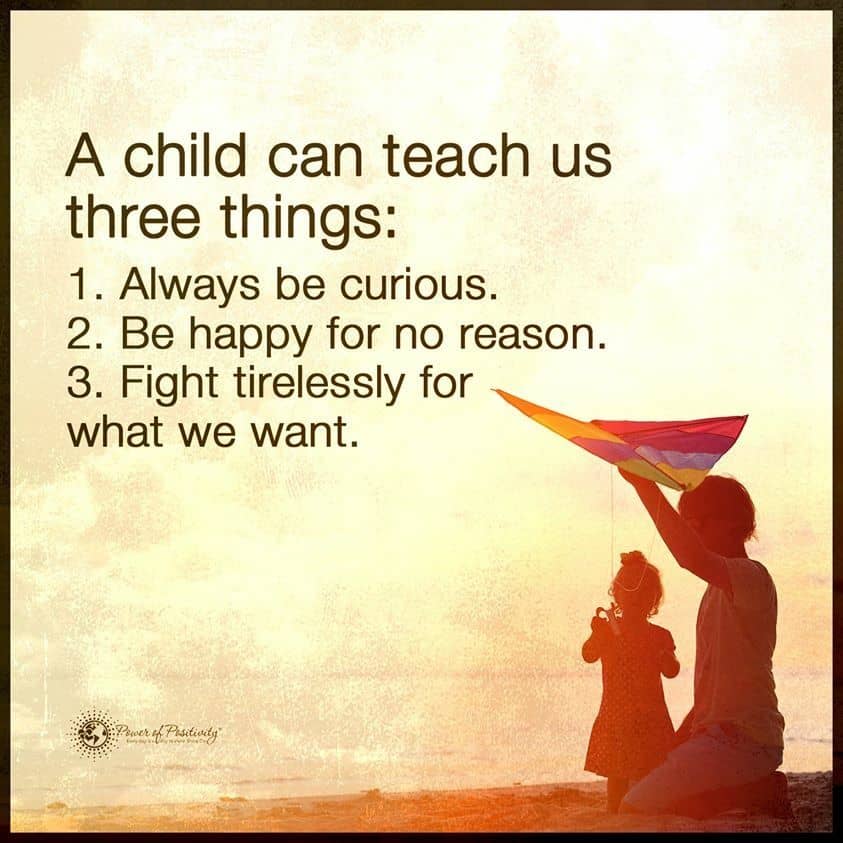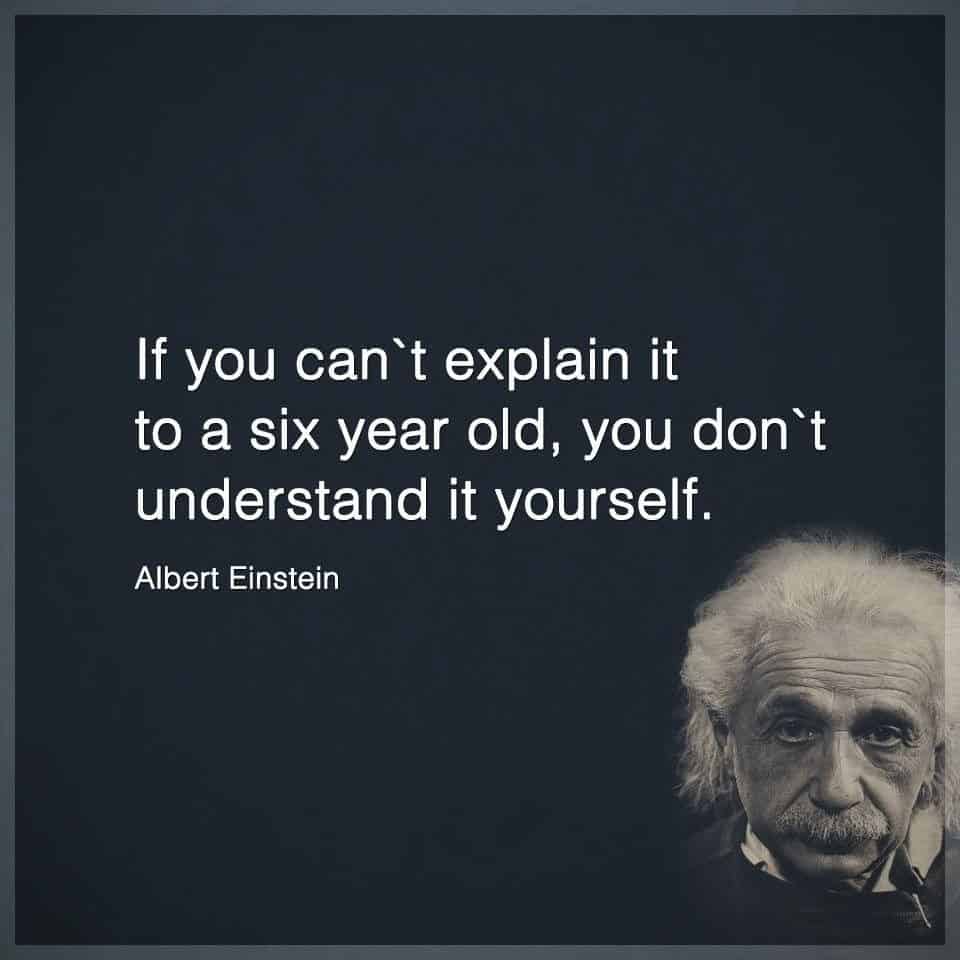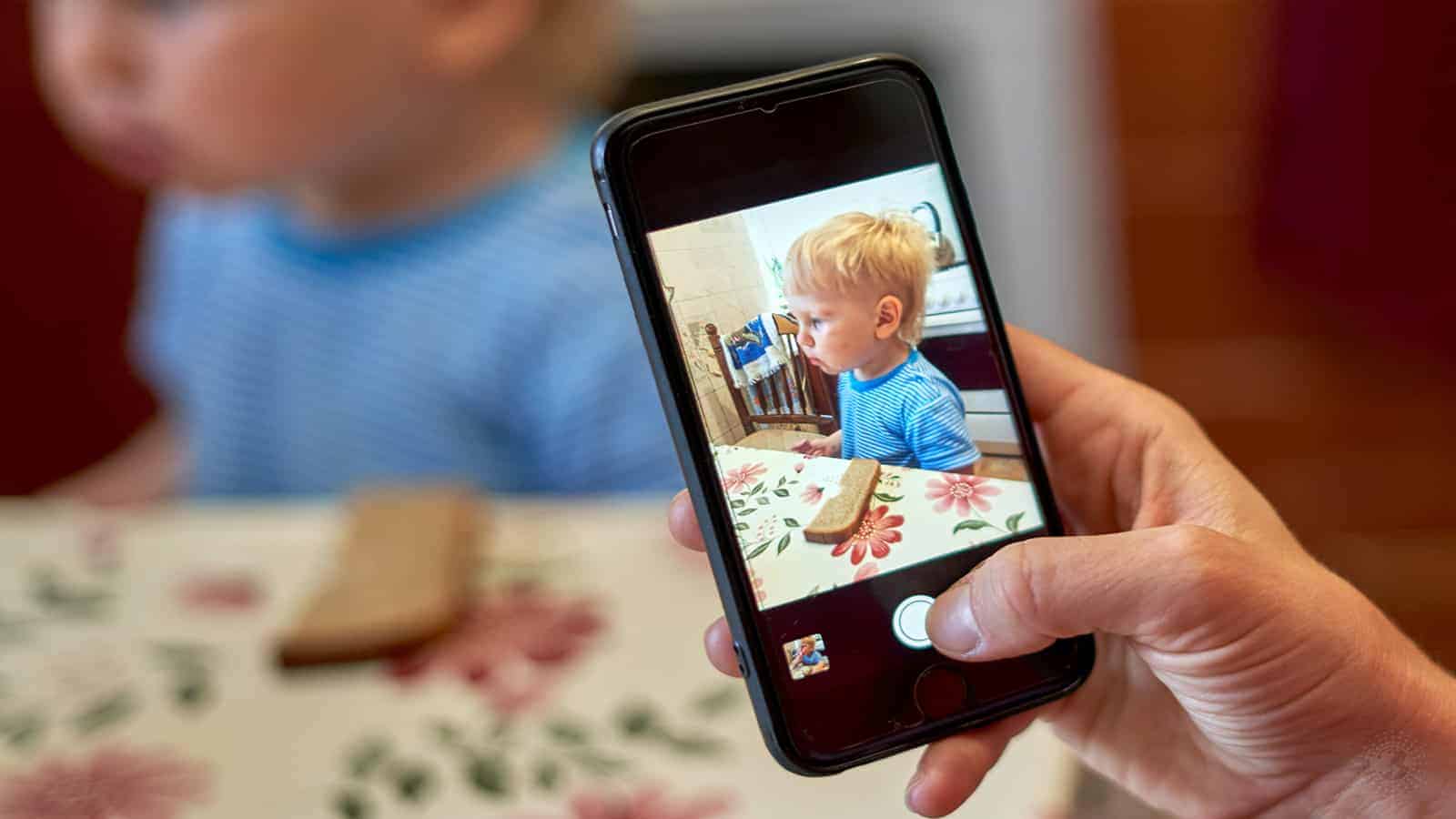Do you share pictures of your children on social media sites? If so, you might want to watch what type of images you put in this virtual world. Not everyone that is on these sites is there for entertainment.
Social media is a great platform to connect with folks both near and far. It allows you to share your life with your family and friends who you don’t see often. While there are so many great things about putting your life out there on display for others, there are also some caveats that you must be wary of.
When you share pictures and stories about your children on these social networks, you expose the most precious and intimate side of yourself. You make the conscious choice to post things, but your child isn’t having a say or a choice in the matter. You must be careful who you allow to view your “wall” or add to your friend list. Not everyone who you classify as a friend has your best interests at heart.
The History of Social Hangouts
 The first social media site was created back in 1997, and it was called Six Degrees. Soon after the launch of this site came Bolt.com. More have been added to the list as technology has evolved. Today, there are more than 200 of these sites that cater to people from all walks of life.
The first social media site was created back in 1997, and it was called Six Degrees. Soon after the launch of this site came Bolt.com. More have been added to the list as technology has evolved. Today, there are more than 200 of these sites that cater to people from all walks of life.
The most popular sites remain Twitter, Facebook, and Instagram. You can share your life and your family photos with anyone you allow on your friend list on these platforms. Now, if you look at the people you call friends, you probably have hundreds. How well do you really know the people on that list, and do you trust them with your children?
Predators seek out sites like this in hopes of finding their next victim. Are you giving them ample information to become another statistic?
Why Social Media Is Scary?
When you post pictures of your children on sites like Facebook, anyone on your friend list can easily download those images to their computer or smart device? These pictures can easily be shared and altered by anyone who has the slightest bit of computer knowledge.
What’s scary is that in this country, roughly 15,000 to 50,000 women and children are abducted to be used in the modern-day slavery market. Human trafficking is a real problem, and you could be setting yourself and your children up as an easy target. The operators of these rings are master manipulators as they look for people they can control physically, psychologically, or emotionally.
Putting yourself and your children out on these social media sites makes you an open target. Most people feel that it’s the little girls they must watch, but boys are often taken to work for slave labor. Not all human trafficking is about sex. So many rings and operations encompass other criminal enterprises, as well.
When it comes to predators, they like using Craigslist, Facebook, and MocoSpace as they are effortless to find new victims. The worst mistake you can make is to think that your immune from this crime. Predators look for any demographic, gender, or nationality, and the easy target is the ones they track.
Your Pictures of Children May Fall into The Wrong Hands
Consider social media sites like Facebook. You can set your privacy and your parameters. Let’s assume that you only allow people on your friend’s list to view your photos. However, there’s another little button that people often miss.
You can allow friends of your friends also to view your posts. While that might be useful if you’re trying to sell a product, it’s not so good if you have pictures of your children online. It means that people you don’t know and have never laid eyes on can see your kids.
Take, for instance, a mastermind behind child pornography online, Geoffrey Portway. This Massachusetts man was arrested for having pornographic pictures in his possession. He was part of a massive ring that was busted by Homeland Security, but what shocked investigators were that there were 4,500 exchanges of child pornography on his computer. How easily could it have been photos of your children or your friend’s children?
This case went down as one of the worst in history, but many other cases go undetected each year. Every time you post photos on the internet, you take a risk that someone out there watching.
Pictures to Avoid Posting on Social Media
You may think your little Johnny or Suzie looks so cute, and you want to share them with the world, but the world may be looking for you or your children to make their next target. Here are five types of pictures that you should never post on the internet as they’re dangerous.
1. Bath Time Photos
There’s nothing cuter than a little one frolicking about in a bubble bath with their toys. However, these pictures show an intimate look at your child without clothes. While you may do your best to cover up their private areas with a washcloth, you’ve already overexposed for a human trafficker to become interested.
2. Pics That Show Private Details
Aw, your children look so cute in their Halloween costumes. You want to put a picture on the internet to show all your friends. Suppose you do not realize that your address is also shown in that picture as you took these photos outside.
You don’t think anything of it, but with social media location services and your address now visual, you’ve just invited someone to your home unintentionally.
3. Controversial Photos
Many people love to see a naked bottom on a baby. It’s not pornographic–this is a classic baby pic you find in many a baby book. Many portrait studios won’t allow such pictures anymore. But that doesn’t stop parents from taking a few shots.
Sure, there’s nothing wrong with remembering your child as an infant, but not only can these pictures land you in the hot seat, they can also expose your child to the world. Pictures of babies with naked butts aren’t cute anymore, especially in the society of today.
 4. Pictures and Posts That Show Weakness
4. Pictures and Posts That Show Weakness
How many times have you posted pictures of your children making a mess or doing something crazy? If you write on the internet how frustrated you are with being a parent, you show weakness that someone on the hunt will notice.
They know you’re frustrated, and your child is a handful, so they will play on those emotions to find an easy way to slip into your life. Don’t ever show any weakness on a public site as it could be a disaster.
5. Other People’s Kids
While you want to share cute pictures of your niece or nephew with the world, you are overstepping when you take another child’s security into your hands. The parameters you set on your social media accounts are not the same as their parent sets. Additionally, some people refuse to post any such pictures.
Don’t even put a friend or relative in a position to make their child vulnerable to human trafficking or online perverts without their approval.
There are over 800,000 children reported missing in the United States each year, and more than 2,000 reports come in every day. Shockingly, 36 percent of these abducted children will be taken from their own home or yard, and 44 percent will be under the age of six years old.
The sex trade is becoming more commonplace, and experts believe the sale of people will exceed the sale of illegal drugs within the next few years. The industry makes more than $32 billion annually, and it’s occurring in every state in this country. Though children from ages 1 through 18 are abducted, those over 14 are targeted or sexual crimes.
 Final Thoughts on Pictures of Children on Social Media
Final Thoughts on Pictures of Children on Social Media
There are a few things that you can do to keep your children safe from those that are sick and twisted in this world; they are:
- Please don’t allow your children to have social media accounts until they reach adulthood.
- Only send pictures of your kids in private messages to family and friends, and you should never put them on a social media wall.
- Be careful of allowing children in chat rooms of video games as many unscrupulous people use these sites to lure victims.
- Never allow schools to use your children’s photos for any media.
While the times are undoubtedly scary when it comes to human trafficking, there are things you can do to decrease your chances of being a victim. Don’t put pictures of your children on your social media walls for all to see, as you’re just asking for trouble. Do you want to take the chance of someone using their photos for child pornography or as a target for human trafficking?














